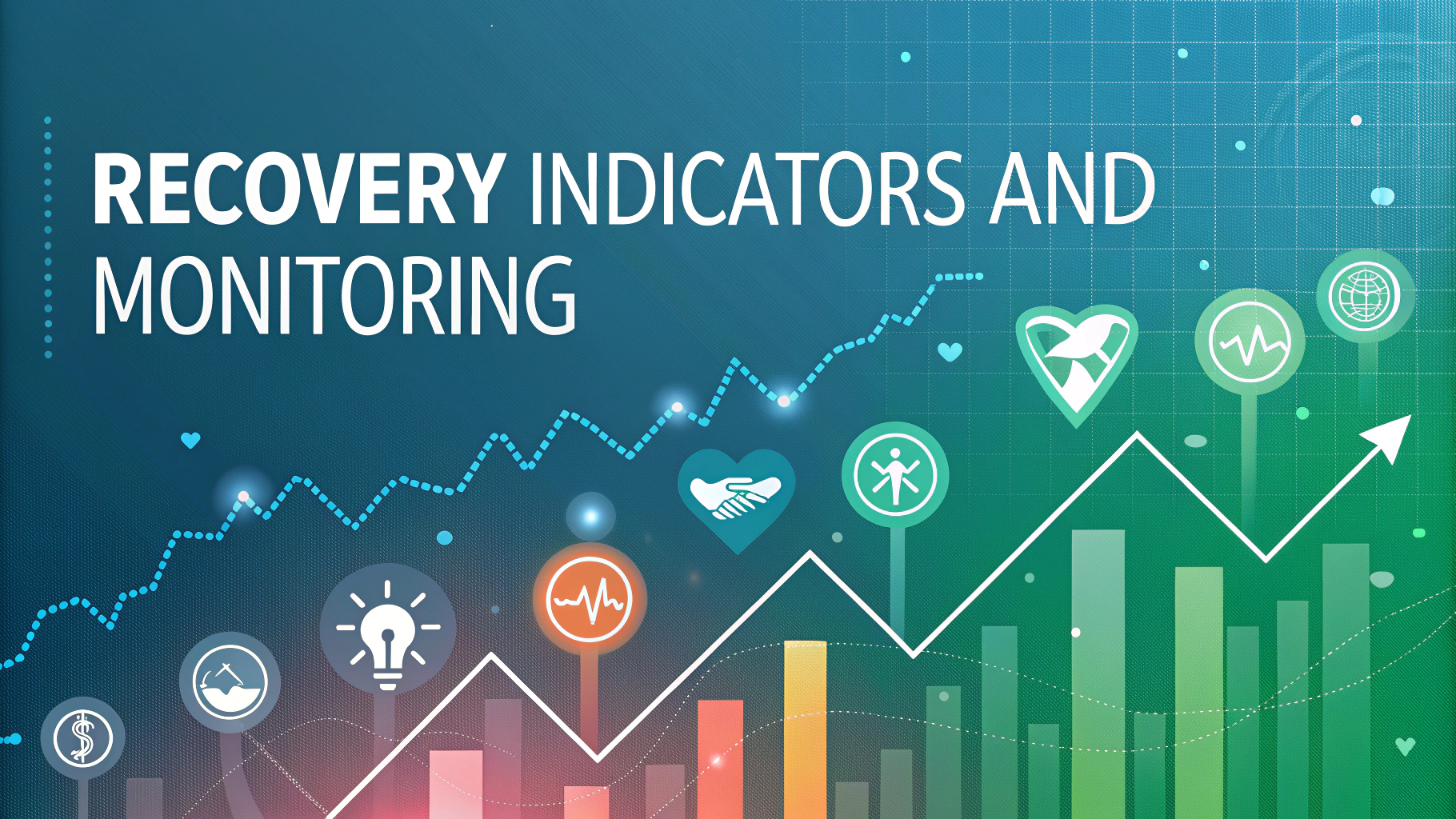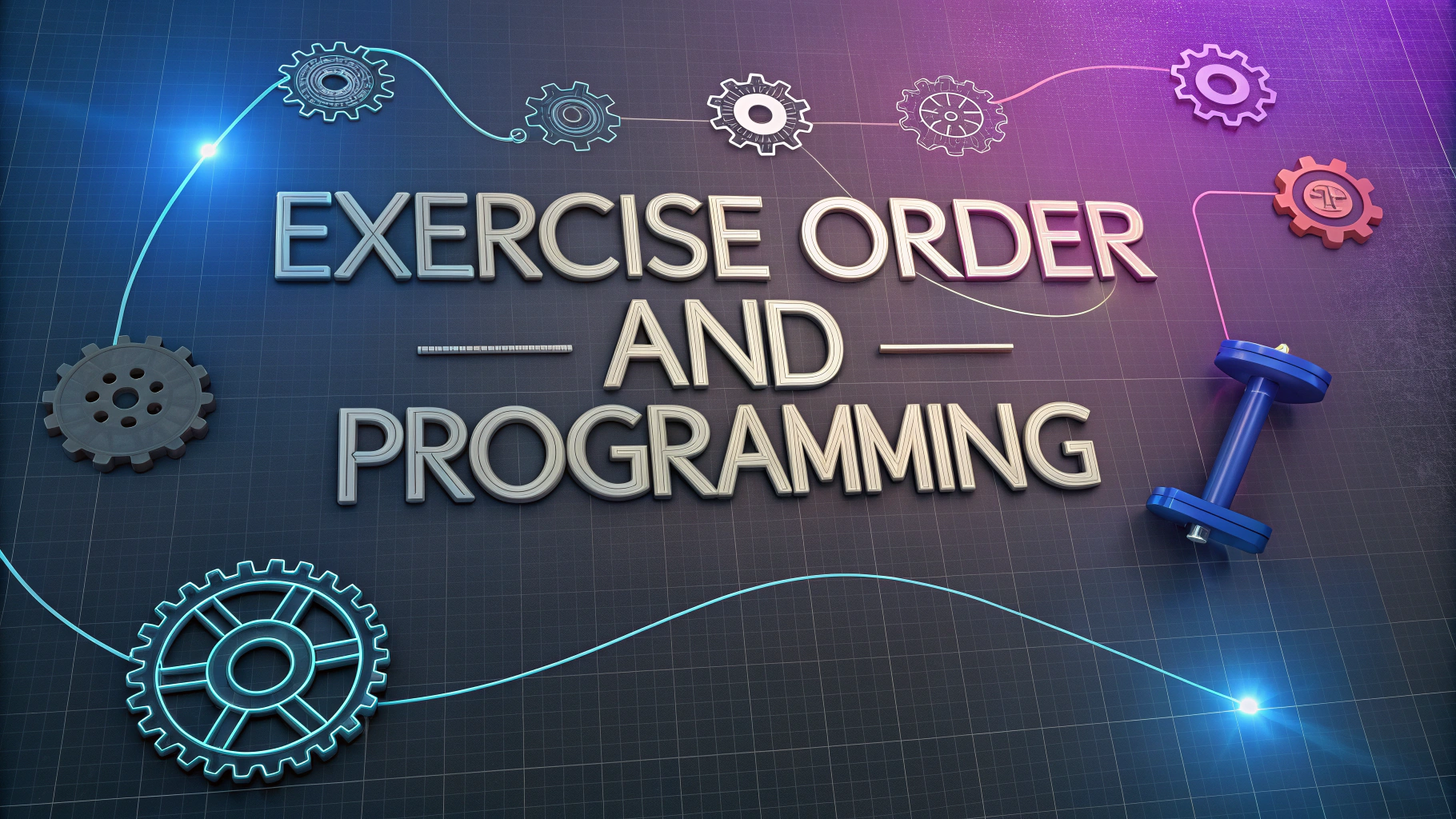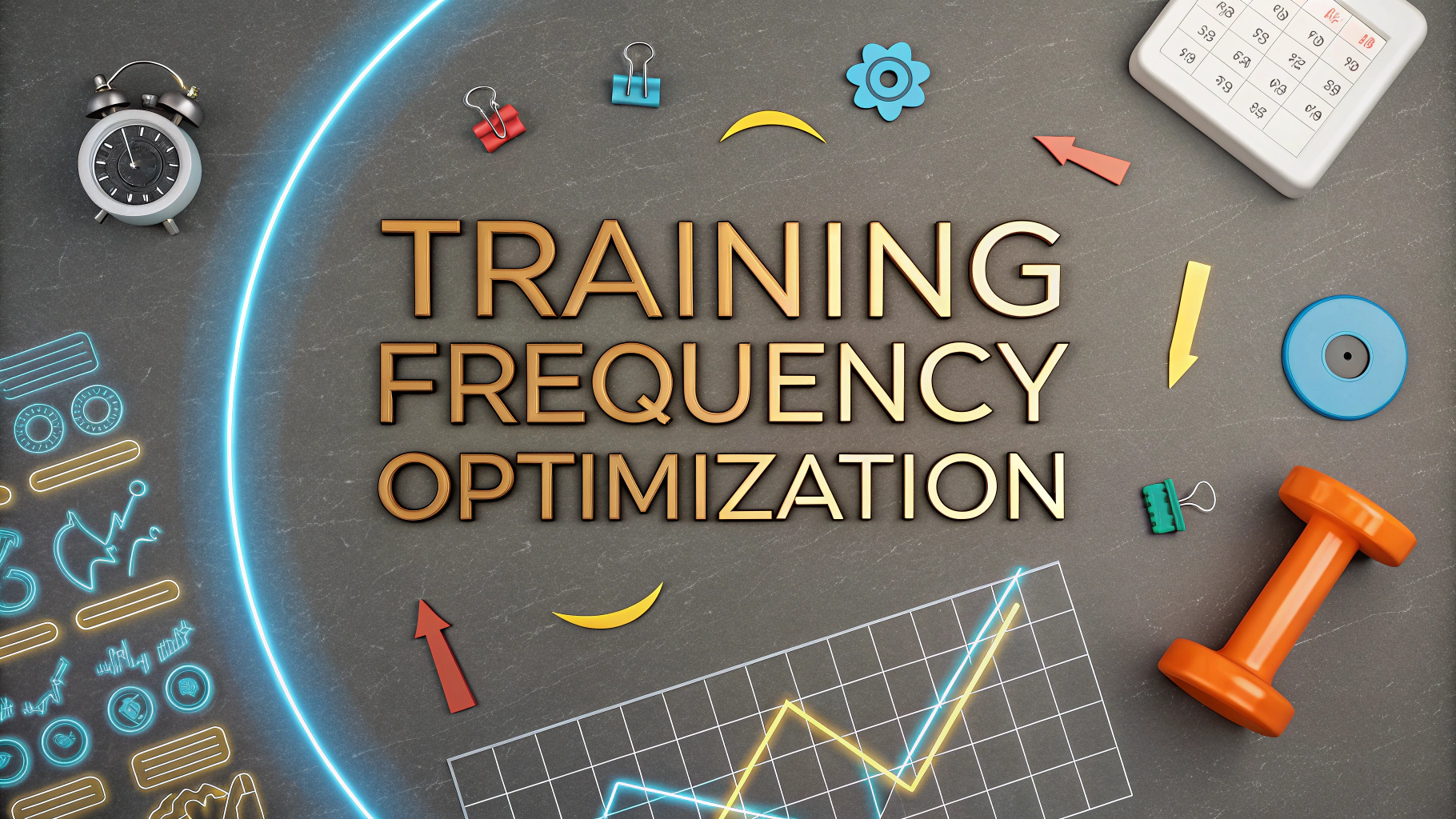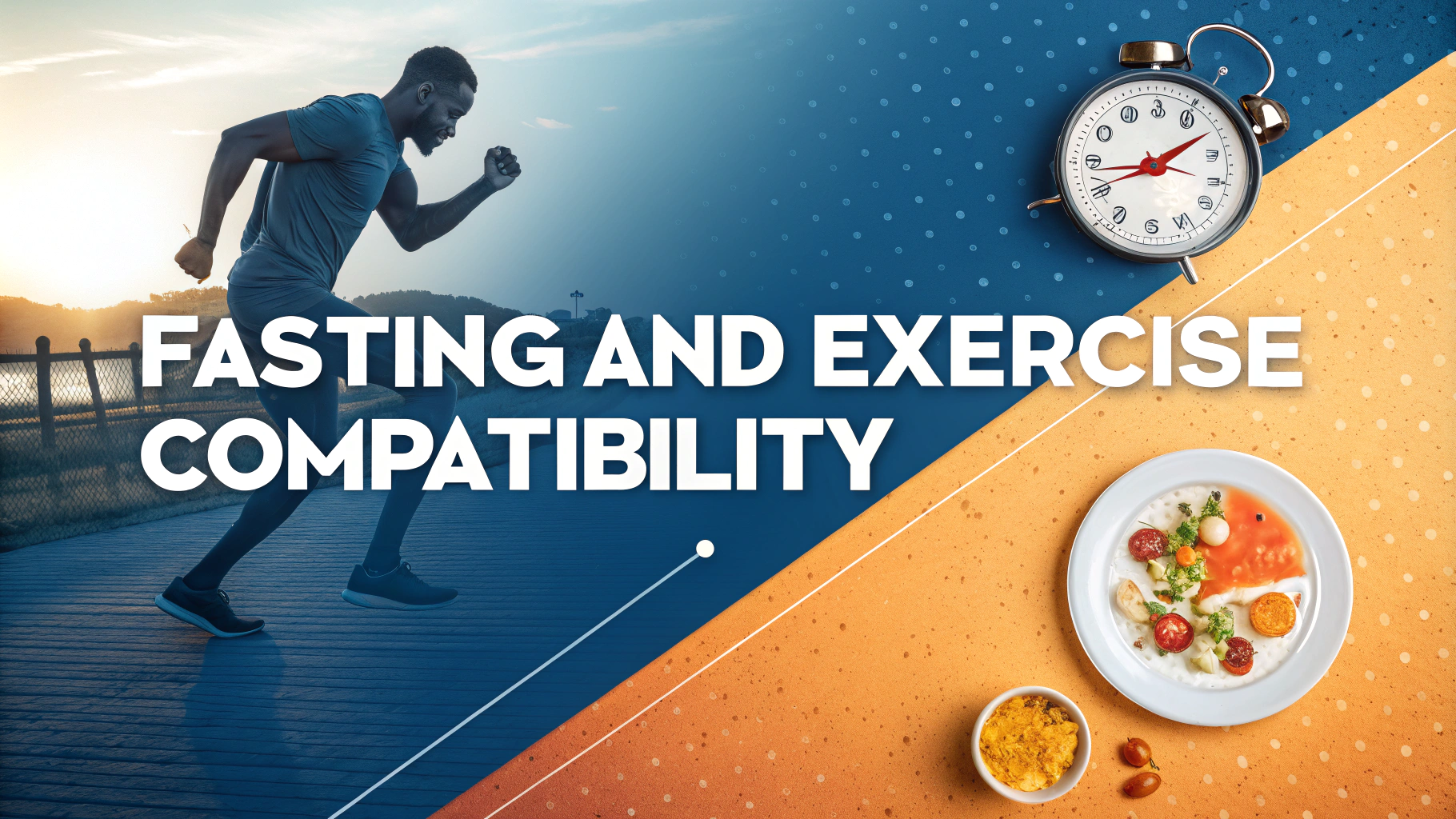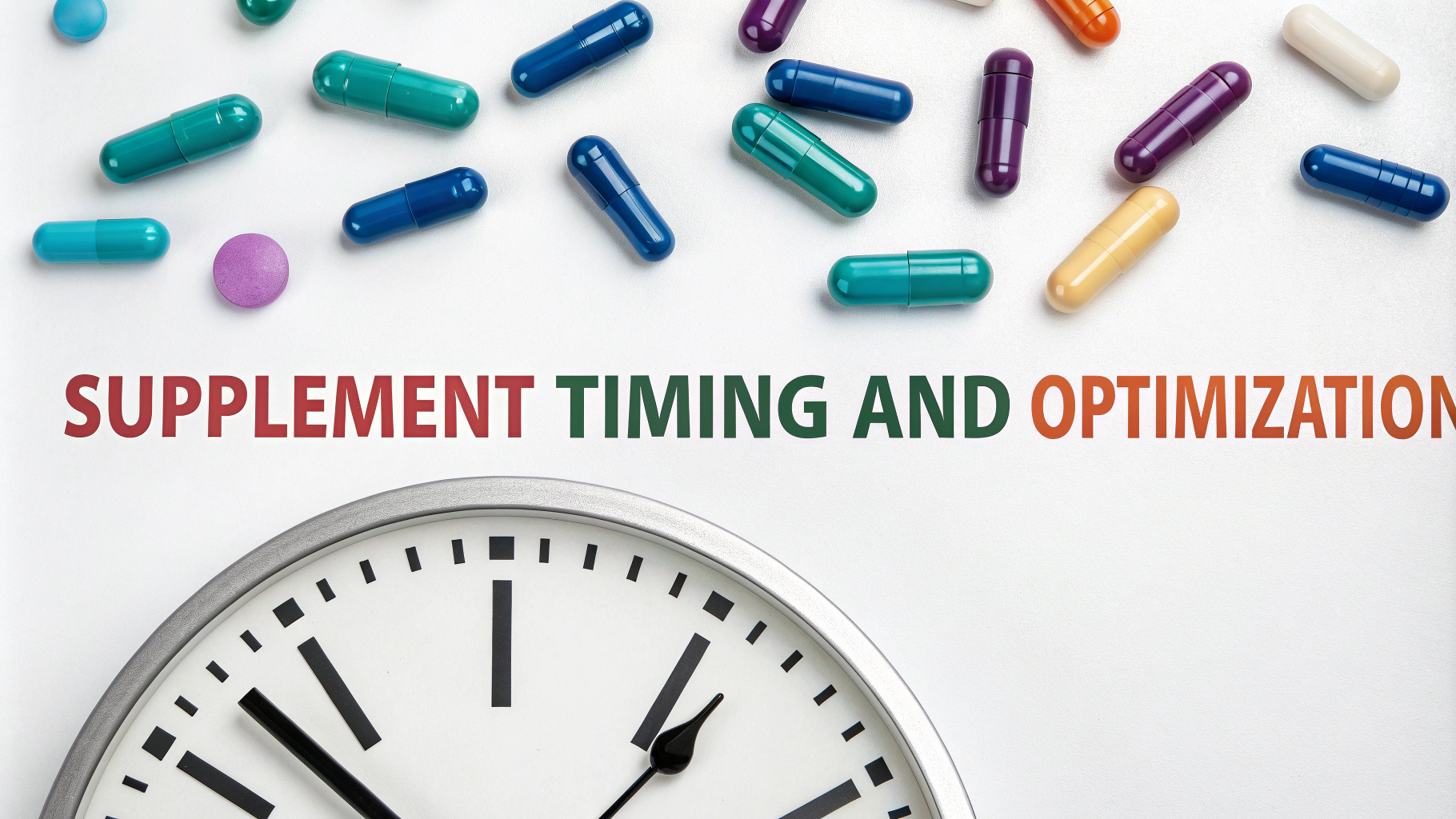Managing stress is essential for reaching your fitness goals and maintaining overall well-being.
Quick Stress Management Tips for Athletes and Fitness Enthusiasts
Deep breathing exercises can quickly reduce stress levels before, during, or after workouts.
- Take 5 deep breaths before starting your workout
- Practice box breathing: 4 seconds inhale, hold 4, exhale 4, hold 4
- Use the 4-7-8 technique: inhale for 4, hold for 7, exhale for 8
Exercise-Specific Stress Management
Choose workout types that match your current stress levels.
| Stress Level | Recommended Exercise |
|---|---|
| High | Yoga, walking, light stretching |
| Medium | Moderate cardio, bodyweight exercises |
| Low | High-intensity training, heavy lifting |
Nutrition Tips for Stress Management
Certain foods can help your body manage stress more effectively.
- Magnesium-rich foods: spinach, almonds, dark chocolate
- Omega-3 sources: salmon, walnuts, chia seeds
- Stress-reducing herbs: chamomile, ashwagandha, rhodiola
Recovery Techniques
Proper recovery is key to managing exercise-related stress.
- Schedule regular rest days
- Get 7-9 hours of sleep nightly
- Use foam rolling for muscle recovery
- Try contrast therapy (alternating hot and cold)
Professional Support
Consider working with these professionals for personalized stress management:
- Sports psychologist
- Licensed nutritionist
- Certified personal trainer
- Meditation instructor
Find certified professionals through the American Council on Exercise (ACE) directory at www.acefitness.org.
Monitoring Progress
Track your stress levels using these methods:
- Heart rate variability monitoring
- Sleep quality tracking
- Mood journaling
- Performance metrics recording
Contact your healthcare provider if stress continues to impact your fitness progress or overall health.
Mental Preparation Strategies
Incorporating mental preparation into your fitness routine can significantly reduce stress and improve performance.
- Visualization exercises before workouts
- Setting realistic daily goals
- Creating pre-workout rituals
- Using positive affirmations
Environment Optimization
Your workout environment can impact stress levels during exercise.
- Choose well-ventilated spaces
- Control noise levels with headphones
- Work out during off-peak hours
- Create a dedicated home workout space
Social Support Systems
Building a support network can help manage fitness-related stress.
- Join fitness communities
- Find an accountability partner
- Participate in group classes
- Share goals with family and friends
Conclusion
Effective stress management is crucial for achieving optimal fitness results. By implementing these strategies, monitoring your progress, and seeking professional support when needed, you can create a sustainable fitness journey that benefits both body and mind.
Remember to:
- Listen to your body’s signals
- Adjust strategies as needed
- Celebrate small victories
- Maintain consistency in stress management practices
FAQs
- How does stress impact my fitness goals and performance?
Stress increases cortisol levels, which can lead to muscle breakdown, fat storage, decreased recovery time, and reduced exercise performance. It can also negatively affect sleep quality and eating habits. - What are the most effective breathing exercises for stress relief during workouts?
Box breathing (4-4-4-4 pattern), diaphragmatic breathing, and alternate nostril breathing are proven techniques. Box breathing involves inhaling for 4 counts, holding for 4, exhaling for 4, and holding for 4. - Can meditation improve my workout results?
Yes, regular meditation reduces cortisol levels, improves focus during workouts, enhances mind-muscle connection, and aids in post-workout recovery through better stress management. - How long before exercise should I practice stress management techniques?
Implement stress management techniques 15-20 minutes before exercise for optimal results. This allows your body to lower cortisol levels and prepare mentally for the workout. - What role does sleep play in stress management and fitness?
Quality sleep of 7-9 hours reduces stress hormones, promotes muscle recovery, regulates appetite hormones, and enhances exercise performance and motivation. - Are there specific foods that help combat stress and support fitness goals?
Foods rich in magnesium (nuts, leafy greens), vitamin C (citrus fruits), omega-3s (fatty fish), and complex carbohydrates (oats, sweet potatoes) help reduce stress while supporting exercise performance. - How can I prevent workout-induced stress on my body?
Proper warm-up, gradual progression in intensity, adequate rest between sets, proper form, and scheduled recovery days help prevent physical stress from overtraining. - What are signs that stress is negatively affecting my fitness progress?
Plateaued progress, persistent fatigue, decreased motivation, poor sleep, increased injuries, and mood changes are common indicators that stress is impacting fitness goals. - How often should I incorporate stress management techniques into my fitness routine?
Practice stress management daily, with specific techniques before and after workouts. Include at least 10-15 minutes of dedicated stress reduction activities daily. - Can overtraining contribute to stress, and how can I avoid it?
Yes, overtraining increases physical and mental stress. Prevent it by following a structured training program, taking rest days, monitoring recovery, and maintaining proper nutrition and hydration.

